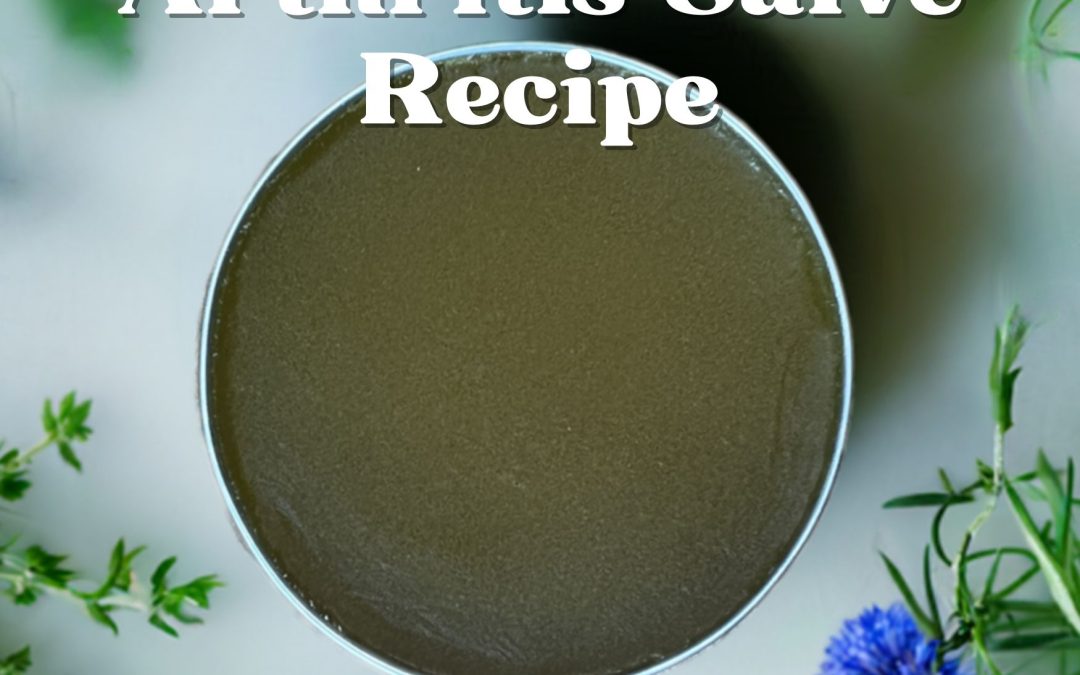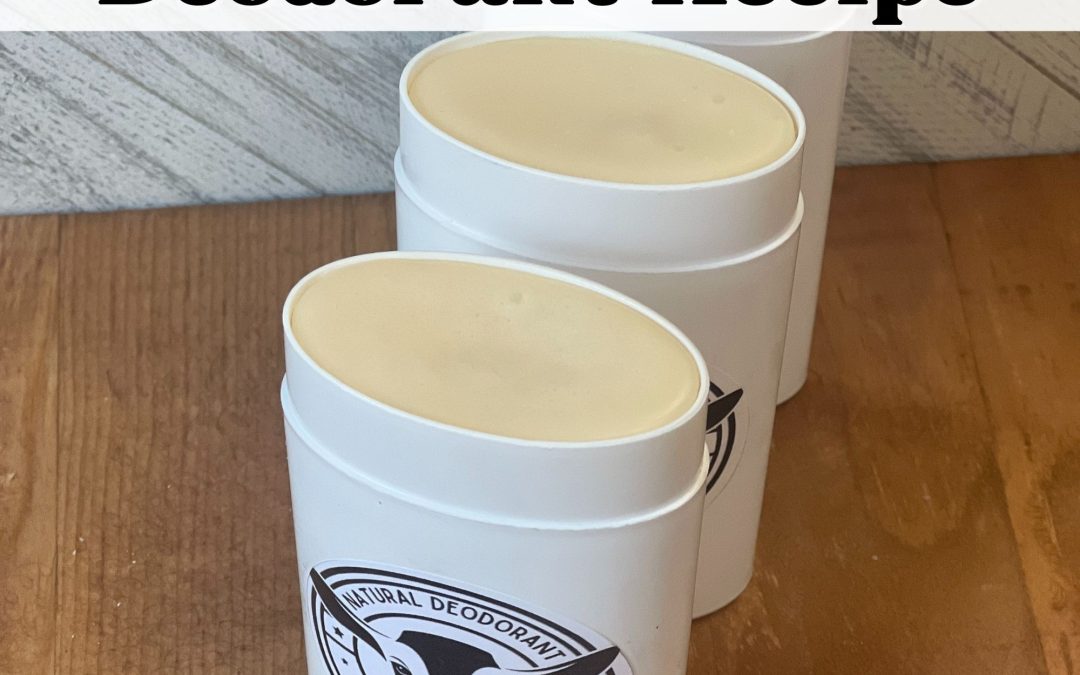
by Jamie Satterwaite | Aug 14, 2024 | Homesteading, Homesteading
Tallow, a form of rendered animal fat, is valued for its versatility in cooking, skincare, and even candle-making. Rendering tallow can be done using two primary methods: dry rendering and wet rendering. Each method has its unique benefits and drawbacks, depending on the intended use of the tallow. Today we are explaining the differences between dry rendering and wet rendering tallow, along with the pros and cons of each method.
(more…)

by Jamie Satterwaite | Aug 13, 2024 | DIY
When it comes to natural remedies, balms and salves are popular choices for soothing the skin, relieving pain, and promoting healing. While these terms are often used interchangeably, they have distinct differences. In this article, we’ll explore the key differences between balms and salves and provide a basic ratio recipe to help you create your own.
(more…)

by Jamie Satterwaite | Aug 13, 2024 | Herbs & Oils
Arthritis is a common condition that causes pain and inflammation in the joints. While conventional treatments are available, many people turn to medicinal plants for relief. Below is a comprehensive guide to the most effective medicinal plants for arthritis, including their benefits, scientific names, and possible side effects.
(more…)

by Jamie Satterwaite | Aug 6, 2024 | DIY, Soaping
Beef tallow seems to be making a big come back in DIY Beauty products. And for good reason, this traditional ingredient, known for its skin-nourishing properties, is gaining popularity in the modern era for its ability to keep you fresh and odor-free. In this blog post, we’ll delve into the benefits of beef tallow deodorant, exploring why it’s becoming a favorite among those seeking natural alternatives. Before we go over this DIY Tallow Deodorant Recipe, here are a few good reasons to make the switch from traditional deodorants.
(more…)

by Jamie Satterwaite | Aug 6, 2024 | Herbs & Oils
Comfrey, scientifically known as Symphytum officinale, has been valued for centuries due to its medicinal properties and versatile applications. This remarkable herb, often found in temperate regions, boasts a rich history of use in traditional medicine. In this blog post, we’ll explore the myriad benefits and uses of comfrey, shedding light on why it’s a cherished staple in natural health circles.
(more…)







